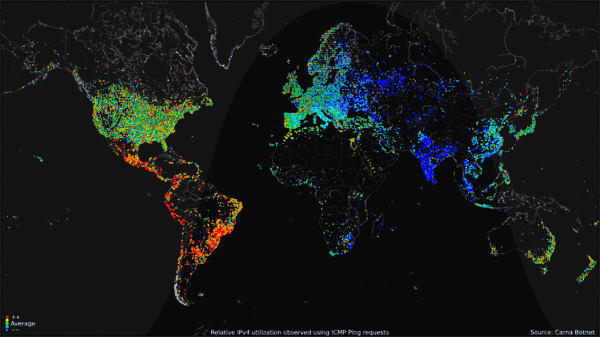Growing up at the end of Gen Y, I have been exposed to many different media formats from a young age. I witnessed the rise of the DVD and the fall of the VCR. The first ‘Media Space’ I constructed to begin the shaping of my online identity was a Bebo profile made at the age of 12 quickly followed by an MSN account. These accounts spread like wildfire through school with everyone asking each other
‘You gonna be on MSN this arvo?’
Is that not the most Aussie playground phrase ever?
These accounts gave us kids a means of communication and a link to the outside world, as back in the day only a lucky few had access to mobile phones. Jumping on our parents computers and internet connections which were shared with the phone line, was an easy means to communicate with our peers. The most exciting thing was that it was not only new to us as children, it was a new concept for the rest of the world and we were among the first to test out instant messaging.
Now today that feels like ancient history as I type this on my laptop connected to the internet through Wifi on the lawn at Uni. For me ‘Media Space’ is less immersive these days in the sense that it is so easy to connect to anywhere in my world no matter where you are. You’re less grounded to a particular place such as the computer room, rooted to the desktop computer connected to the phone line. Of which, you would have to quickly vacate when mum had to call her friend Kate. The notion of engaging with one aspect of technology at a time is long gone. I personally have on numerous occasions scrolled through Facebook on my phone using Wifi, while my friend is on speakerphone, sitting in front of the TV and having my laptop on my lap to do uni work simultaneously.
Currently I am studying a Bachelor of Communications and International Studies majoring in Global Communications and Sustainable Development in my 3rd year. My degree is constantly shifting and changing with the times and I firmly believe if I tried to take it in say the 1980’s, my degree would either be a completely different course or not exist entirely. I constantly rely on the different Media Spaces to complete my course work both on Moodle and researching for assignments. I think I have only ever used a hard copy book in one assignment and I hated every second of it.
Wifi access is something you don’t think about until it’s not there or not working. I have scoped out all the best places for decent Wifi at uni, nothing worse than trying to watch a lecture that keeps dropping out. Throughout my 3 years studying at Wollongong they have improved their internet connectivity immensely which I find makes lectures and tutes less stressful. If you don’t understand something, a decent connection means you have instantaneous information at your fingertips. Which is an incredible concept.
Media Space has become a part of everyday life for many privileged individuals living within the global north. However there are still many people globally who lack internet and even phone access, inhibiting communication. The Washington Post reported that a lack of internet connectivity worldwide affects 4.4 billion people and this correlates for the most part with individuals living in impoverished areas who already lack basic necessities like health care, education, infrastructure and employment with a further 900 million of those people being illiterate.
I find this puts an interesting perspective on what we call ‘the world wide web’. As apparently it doesn’t have the global reach once thought. As Media Spaces not just online, but through TV and phone communications can be enriching learning experiences about the world around us, the fact that this is unequally distributed means that 4.4 billion people miss out on educational experiences, having their say and creating online personas to connect to the world around them. With this in mind, I feel it puts another take on the concept of ‘Media Spaces’ which could be visualized as pockets around the world connected to other pockets, instead of a globally encompassing form of communication.

This image highlights the areas where those are connected and the dark pockets of the areas where individuals miss out.
However, as immersed as my world has become in alternative media spaces, realistically I only got my first MSN account 8 years ago. It feels that we have progressed so far in those 8 years already, imagine what media spaces will hold for the next 8.
